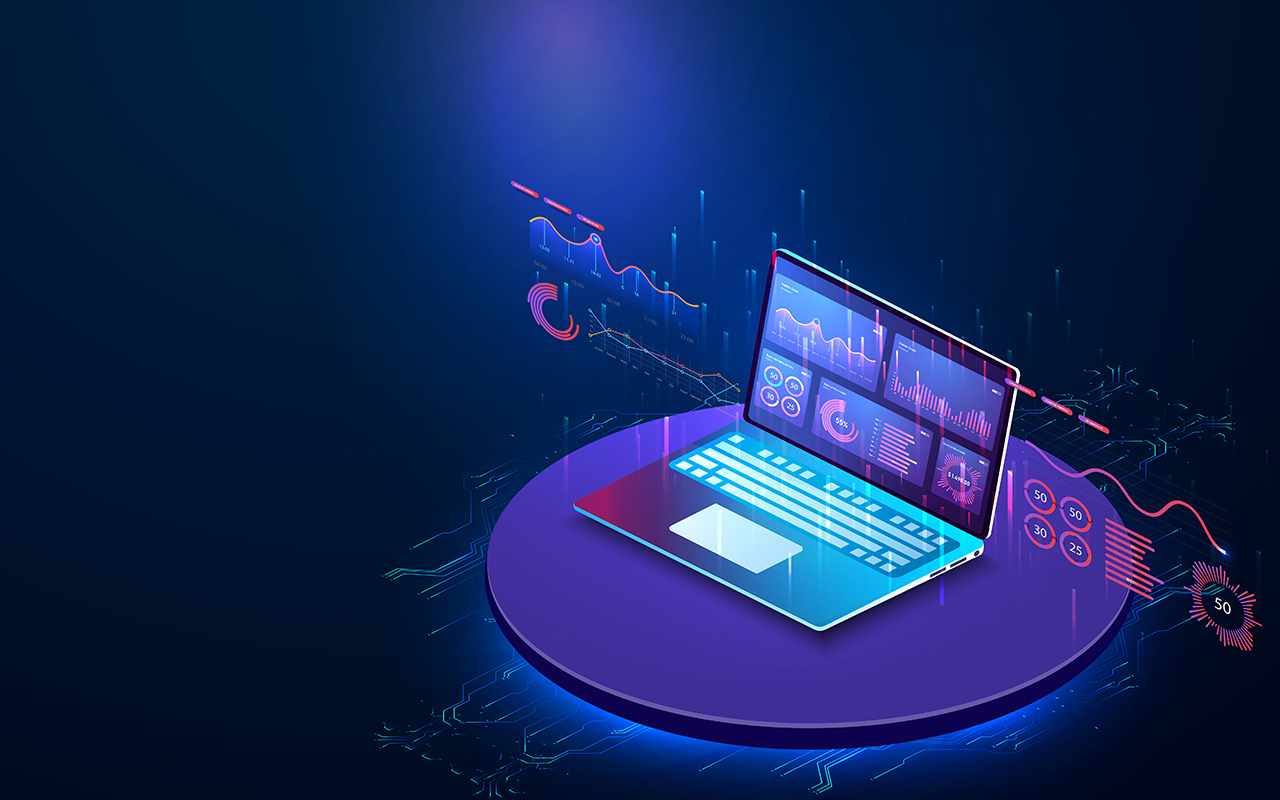Platform technology, individualization & automation pyramid

The transformation to a digital manufacturing platform: A word with Bernhard Falkner
New platform technologies, artificial intelligence and individualization are currently shaping the trends in manufacturing execution systems and store floor IT.
We asked DI (FH) Bernhard Falkner, CTO, to talk to us about current developments.
Mr. Falkner, first of all, congratulations on an extraordinary anniversary! You have been shaping processes at Industrie Informatik for 25 years and hardly anyone knows the industry and its tasks as well as you do!
Thank you, I have been involved with the topic of production optimization since 1996 in various positions in the areas of development, consulting, project management and product management and have now been managing director for nine years. Functionally, technologically and conceptually – from CIM to plant data and MES to the manufacturing platform – a lot has happened since then. But one thing above all has remained constant: our commitment to offering customers innovative solutions!
What change is on the horizon at the moment?
More than ever before, companies should be looking at how to digitize their manufacturing sustainably in order to be protected in crisis situations such as these.
For years, the automation pyramid has been the accepted representation of the various levels or hierarchies in the manufacturing industry. Starting at the store floor or the production process, it peaks through the various hardware and software systems to the leading ERP system. As an MES provider, we have seen ourselves for years as the link between the store floor and the corporate management level in the middle of the pyramid. However, the automation pyramid as we know it today is undergoing a clear transformation and will gradually dissolve in the coming years. Monolythic, compartmentalized software systems will give way to flexible applications, processes and microservices.
What does a modern, digital system landscape look like in relation to the Smart Factory?
An MES alone will no longer be able to meet the increasing requirements of a smart factory. In the future, the user will select his “building blocks” from the entire system variety – independent of manufacturer and technological basis – keyword “best-of-breed approach”. A future-proof manufacturing platform such as our cronetworld has the task of bringing together and “orchestrating” all the necessary (individual) components. The basic prerequisite for this is, of course, the opening of this platform in the direction of a growing system landscape and the associated opportunities and possibilities. It must be possible to connect and integrate in-house, peripheral and third-party solutions without any problems. The key lies in an open interface and communication level that makes exactly that possible.
In your experience, what optimization issues arise in practice?
Thanks to a powerful and integrative manufacturing platform, users benefit from the flexible production that is needed today to remain competitive in the fast-moving market. This allows us to offer our users the best of both worlds – the stability and functional scope of a standard solution on the one hand, and release-safe customizability for maximum flexibility on the other. Processes can thus be adapted quickly and dynamically to new circumstances.
Depending on know-how and user requirements, various modules can even be developed completely in-house or by means of low-code development. We are talking here about a massively optimized Time2Solution. Thus, the future-capable manufacturing platform can unfold its strengths to a new, unimagined extent and pave the way to the Smart Factory.
How can industrial informatics provide support in the context of digitization?
Digitization measures are the basic prerequisite for a solid future orientation and maintenance of competitiveness in the industrial environment. In this context, a Manufacturing Execution System like cronetwork still forms the stable basis for handling digital manufacturing processes.
With our integrative manufacturing platform cronetworld, we are expanding our portfolio in the direction of individualization, enabling the flexible integration of both third-party software products and solutions developed in-house, including in the following areas:
- digital twin based on individual part tracing
- predictive analytics models based on machine learning
- Detailed planning with artificial intelligence
- Low-Code development for the visual development of applications without programming knowledge
- Data consolidation in the sense of IT/OT convergence
And what does agile implementation look like in concrete terms?
For rapid deployment in manufacturing execution projects, we are creating entirely new possibilities for fast and scalable customization. The important cornerstones at this point are efficient customizing through parameterization instead of programming, engineering options based on our innovative portal technology, release-safe customer developments using low-code technologies, and extensive access to best-practice solutions in our own Solution Store. All these measures support a shortening of the Time2Solution and enable agile process models!





